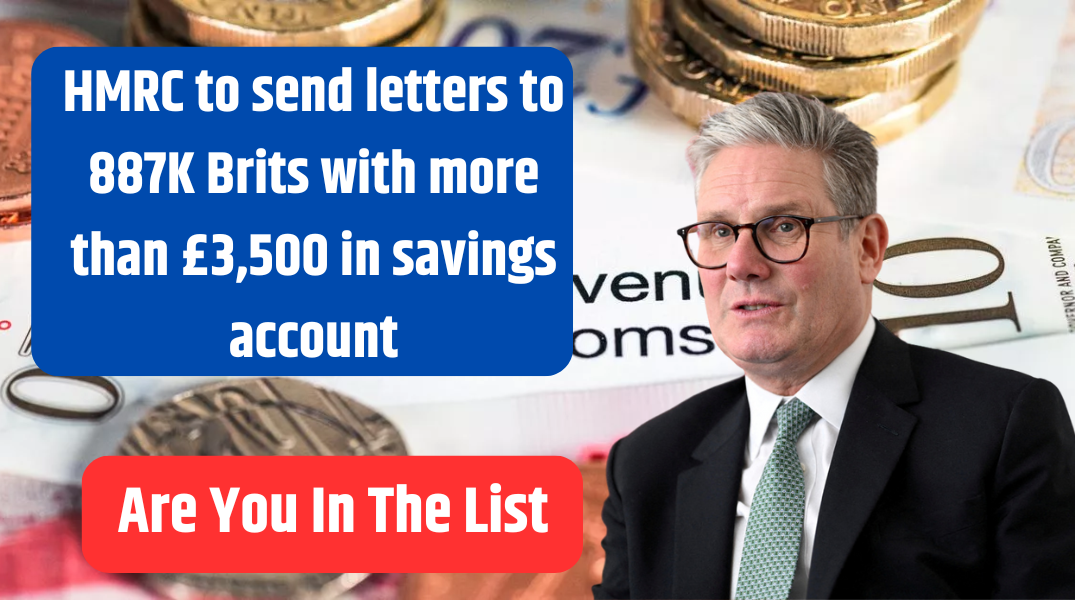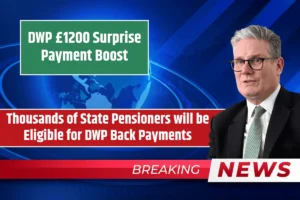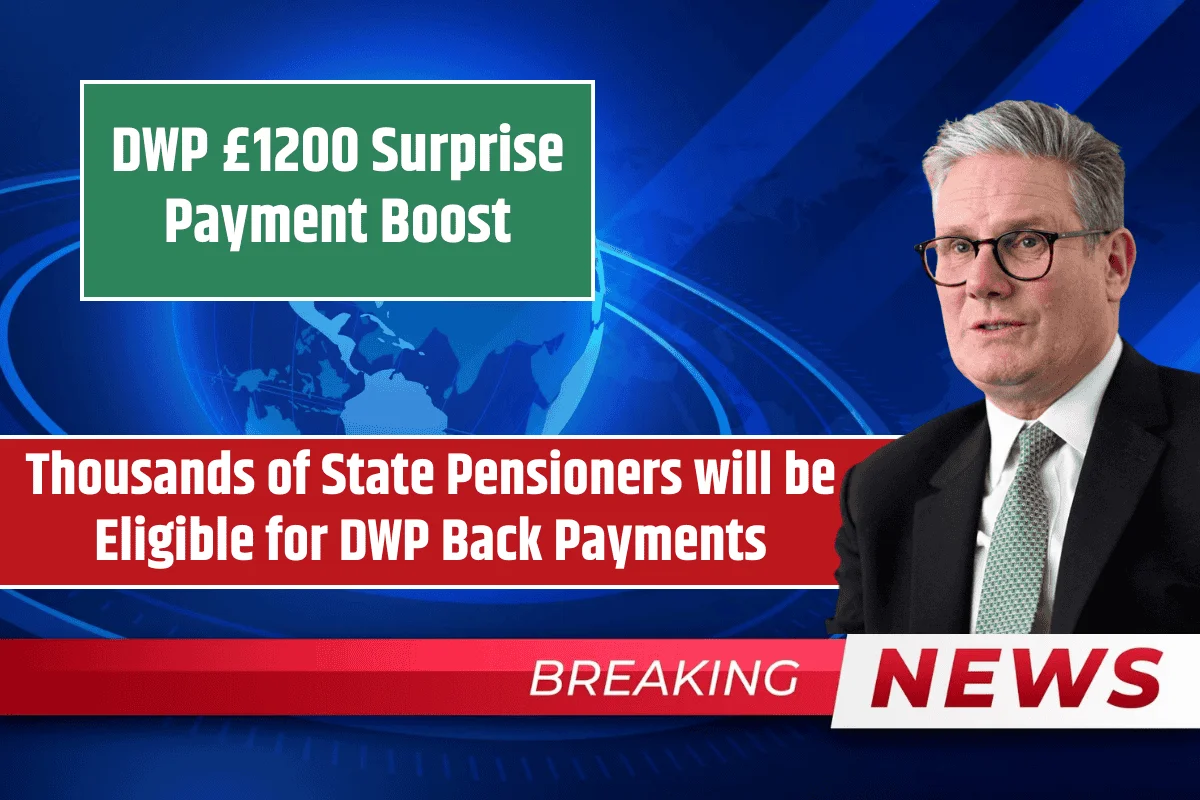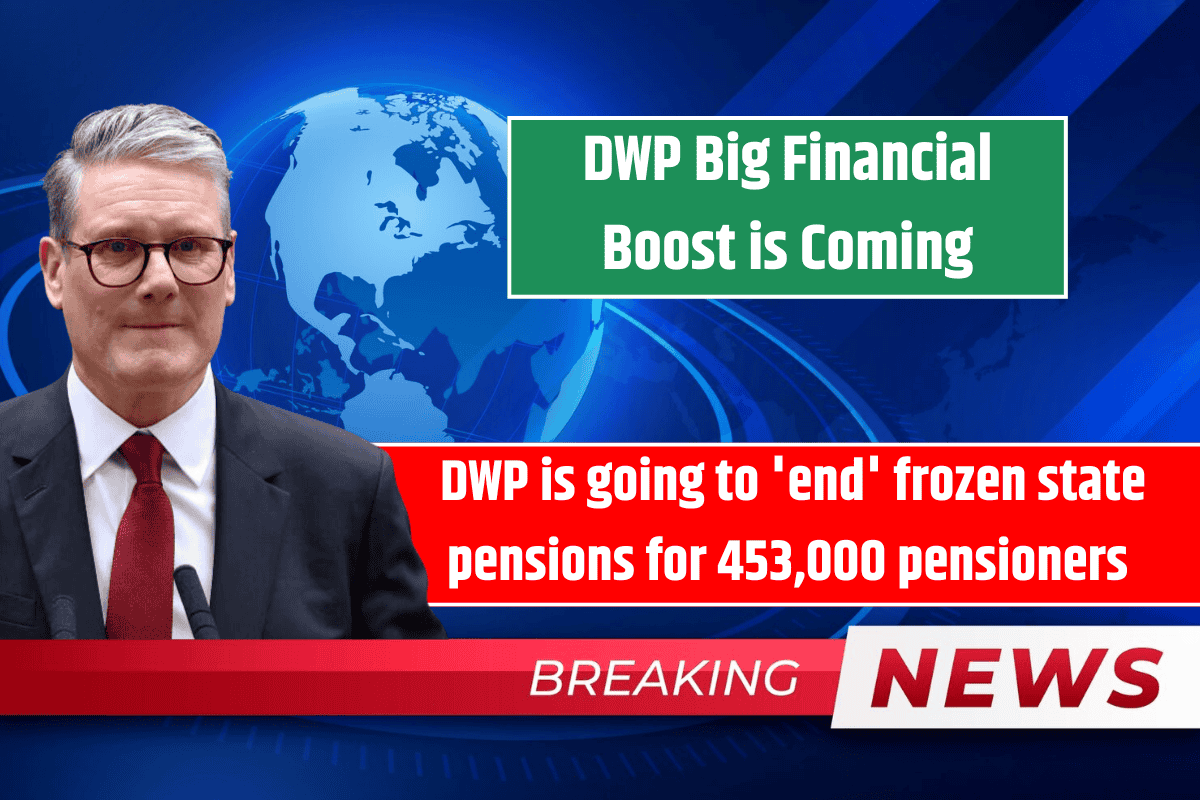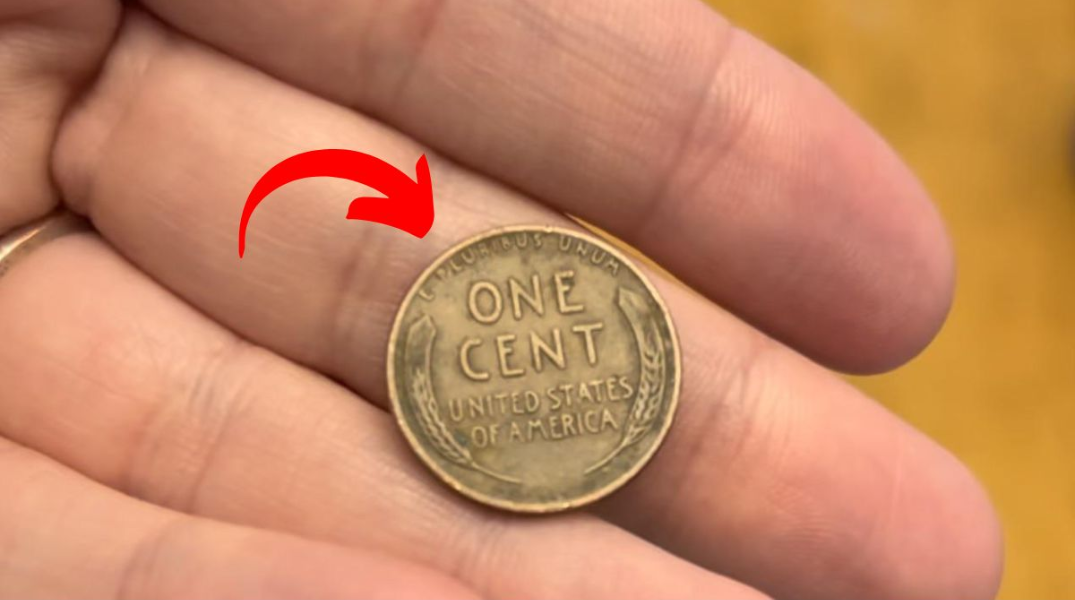HMRC to send letters to 887K Brits with more than £3,500 in savings account – As savings interest rates rise across the UK, hundreds of thousands of everyday savers may soon find themselves owing money to HM Revenue and Customs (HMRC)—not because they saved too little, but because they saved too well.
Recent estimates suggest that nearly 887,000 people are set to receive unexpected tax notices from HMRC due to interest earned on their savings. The twist? Many of these individuals may only have modest savings—as little as £3,500—but how and when their interest is paid could push them over the edge of their tax-free limit.
Interest Earnings Now Triggering Tax Liabilities
While savers don’t get taxed on the money they deposit, the interest earned from those savings is taxable—unless it falls within the Personal Savings Allowance (PSA). The PSA, introduced in 2016, allows basic-rate taxpayers to earn up to £1,000 in interest without paying tax. For higher-rate taxpayers, the allowance drops to £500, while additional-rate taxpayers (those earning over £125,140 per year) get no allowance at all.
The problem? Interest rates have climbed sharply, and the PSA thresholds haven’t budged. As a result, savers with even modest nest eggs in high-yield or fixed-term accounts are being nudged over the limit.
Fixed-Term Savings Could Be a Tax Time Bomb
The accounts causing the most concern are multi-year fixed-rate savings accounts—those that lock away your money for a set time and pay out interest in one big lump sum when the term ends.
Because HMRC taxes interest based on the year it becomes accessible—not when it’s earned—some savers could suddenly exceed their PSA in the year their account matures, even if their savings seemed safe at the start.
For example:
- A higher-rate taxpayer with just £3,500 in a 3-year fixed account paying 5% interest would see £551 paid out at maturity—exceeding their £500 allowance.
- A basic-rate taxpayer with £7,000 in the same account would cross the £1,000 threshold.
With 2.4 million fixed-term, non-ISA accounts set to mature within the next three months, it’s estimated that nearly 900,000 will generate enough interest to trigger a tax bill.
How to Avoid the Tax Trap
Financial experts recommend a few key strategies to avoid being caught off-guard:
- Choose monthly or annual interest payouts instead of lump sums, spreading interest across tax years.
- Use tax-free savings accounts like ISAs, which shield all interest from tax.
- Track your interest earnings—don’t wait until HMRC sends you a letter.
Laura Suter, personal finance director at AJ Bell, warns: “A lot of savers don’t realise that all of their interest could be taxed in one go. It’s vital to understand how your savings account pays out interest—and when.”
Derek Sprawling, Savings Director at Paragon Bank, added: “Many of these savers may not have used their £20,000 ISA allowance, which could have shielded their earnings from any tax hit.”
Why Now? A New Era of Interest
In recent years, low interest rates kept most savers far below tax thresholds. But with top-paying accounts now offering 5% or more, the financial environment has changed dramatically.
A basic-rate taxpayer today could exceed their PSA with:
- Just £20,000 in an easy-access account paying 5%.
- Or £10,000 for a higher-rate taxpayer.
That means millions of ordinary savers, not just the wealthy, are now at risk of tax charges unless they take steps to protect their earnings.
FAQs: What UK Savers Need to Know
❓ What is the Personal Savings Allowance (PSA)?
It’s the amount of savings interest you can earn tax-free each year:
- Basic-rate taxpayers: £1,000
- Higher-rate taxpayers: £500
- Additional-rate taxpayers: £0
❓ What kinds of savings count toward the PSA?
All interest from standard savings accounts, including fixed-rate and easy-access accounts, count. ISAs are excluded, as they’re already tax-free.
❓ When is interest taxed?
Interest is taxed when it becomes accessible, not when it accrues. That’s why lump-sum payouts from fixed-term accounts can push savers over the PSA in one tax year.
❓ How do I know if I owe tax?
HMRC may contact you if your interest exceeds your PSA. Otherwise, you’re responsible for reporting it via Self Assessment or PAYE adjustment (your tax code may change).
❓ How can I avoid getting taxed?
- Use Cash ISAs for savings.
- Choose accounts that pay monthly or annual interest.
- Keep total annual interest under your PSA.
❓ What if I’ve already gone over?
You’ll need to report the interest to HMRC. You can check this via your bank statements or savings provider. Contact a tax advisor if you’re unsure.
Final Tip: Act Before Your Savings Mature
If you have a fixed-term savings account maturing soon, now’s the time to review your options. Consider reinvesting into an ISA, withdrawing some funds to stay under the PSA, or selecting an account with staggered interest payments.
With the interest landscape shifting, protecting your money from surprise taxes is no longer just good planning—it’s essential.
